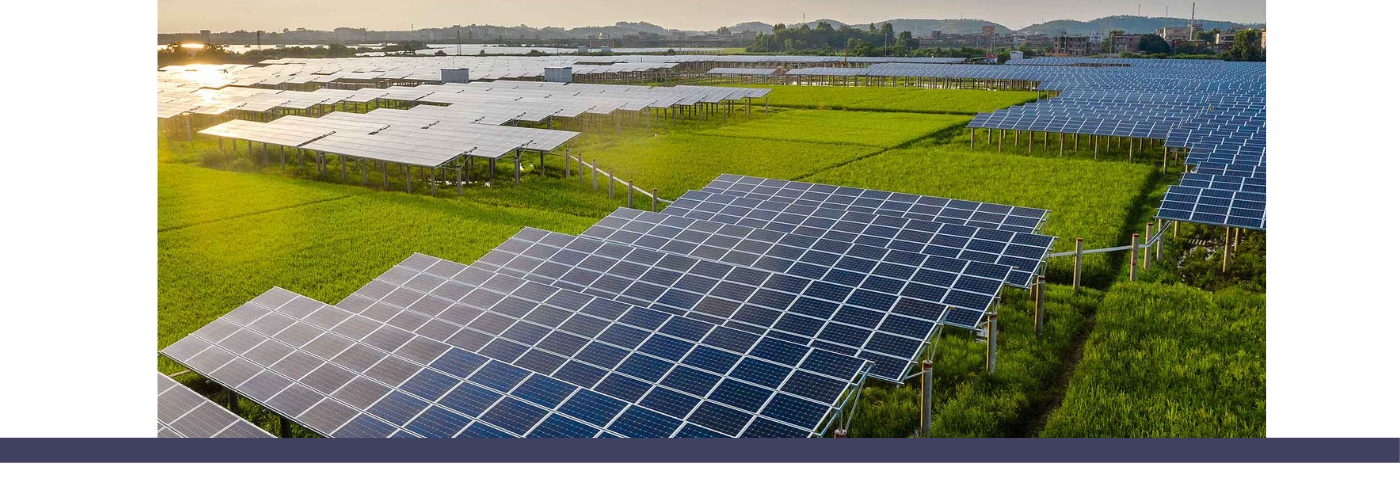Kuala Lumpur 7 January 2025— Climate change, biodiversity loss, global and local
environmental crises are hitting tipping points and extinction thresholds. These demand immediate
action. Human activities, especially greenhouse gas emissions from unsustainable energy use and
production patterns, are driving global warming. A 2023 report from the Intergovernmental Panel
on Climate Change highlighted escalating risks, with heatwaves, droughts, floods and extreme
weather events growing more frequent and severe. To limit global warming to 1.5°C above preindustrial
levels and adapt to unavoidable impacts, developing and deploying green technologies
is crucial. This provides opportunities for countries like Malaysia to participate in the green
transition, fostering technological and economic development.
KRI’s new publication, Building a Sustainable Industrial Base: Malaysia’s Green Transition ,
examines the challenges faced by Malaysia’s industries, such as E&E, solar PV and resource-based
sectors, in upgrading technologically and economically. It also traces Malaysia’s industrialisation
history and the policies that led to the growth of green-related industries. The report offers
practical policy recommendations to address challenges such as premature deindustrialisation,
limited policy space, talent shortages, private sector gaps and the need for inclusive policies to
support vulnerable groups, including the Orang Asli, to ensure equitable participation in green
industrialisation.
The erosion of industrial capabilities limits Malaysia’s ability to innovate
For the past two decades, Malaysia has experienced deindustrialisation characterised by a decline
in both manufacturing’s share of GDP and employment. This decline, coupled with the failure to
shift to high-value-added industries, is exacerbated by competition from lower-cost countries like
Vietnam and China. Deindustrialisation is concerning as manufacturing drives innovation,
technological progress and high-skill job creation. Without a strong industrial base, Malaysia risks
losing these advantages, making it harder to develop emerging sectors like green technologies, as
seen in China’s success in solar and EV industries.
Trade agreements and fiscal limitations constrain industrial policies
Malaysia’s industrial policy space is constrained by WTO rules and free trade agreements, limiting
tools like tariffs and export incentives. These agreements also impose stricter intellectual property
and investment regulations. Additionally, Malaysia faces fiscal limitations due to the government’s
focus on reducing deficits and new laws that cap fiscal deficits and government debt. These factors
reduce the government’s ability to use industrial policies or fiscal expansion to support domestic
industries.
Malaysia’s high-tech industries face talent shortages and coordination problems
Malaysia faces a shortage of high-skilled talent to support the ambitious growth of high-tech
industries. However, many STEM graduates are currently underemployed due to a lack of demand
for skilled workers in relevant sectors and declining R&D investment. This is particularly evident in the E&E sector, where high-skilled job creation has stagnated despite claims of a talent shortage.
The underlying issue is a coordination problem: even with an increasing number of graduates,
industries may not transition to higher value-added functions without significant government
support.
Political and structural challenges impede the development of competitive local firms
Malaysia’s ability to participate in high-value-added segments of green product markets is
constrained by a lack of large domestic firms investing in technology development. Many
Malaysian companies remain locked in low-value-added segments of global value chains due to the
dominance of global lead firms. While business groups could foster innovation and market entry,
political dynamics and limited state capacity to manage rent-seeking have hindered the
development of competitive capabilities. Early market liberalisation further restricted the growth
of these capabilities, delaying Malaysia’s industrial upgrading
Emissions-centric green industry policies could leave industry vulnerable to climate
change
Green industrialisation policies can have paradoxical effects if not appropriately balanced for local
environmental conditions. A heavy policy commitment to reduce greenhouse gas emissions can
paradoxically leave industries unprepared to deal with climate impacts. It does so by diverting
resources away from climate adaptation efforts which require local, context-based solutions.
Southeast Asia is one of the most climate-vulnerable regions. However, Malaysia’s historical
contribution to global emissions is less than 0.4%.
To address these challenges, this paper proposes the following policy recommendations:
Introduce industrial policies to counter deindustrialisation and support the growth of
competitive, technology-driven businesses.
Expand and modernise technology-related state-owned enterprises or incentivise firms to
transition into technology-centric sectors to absorb skilled labour.
Explore new tax measures or strategically use monetary financing to overcome fiscal
constraints.
Reorient R&D policies to foster innovation within firms, with universities providing
support, and reshape the role of government research institutions to facilitate global
technology transfer to businesses.
Integrate climate adaptation policies more thoroughly into future climate strategies.
Government and firm-level policies should place greater emphasis on industry adaptation
to build long-term economic resilience.
Address the basic needs of the Orang Asli and other marginalised groups, implementing
affirmative actions to ensure they benefit from green industrialisation job opportunities.
This working paper is authored by Azfar Hanif Azizi, Research Associate, and Yin Shao Loong,
Deputy Director of Research at KRI.








